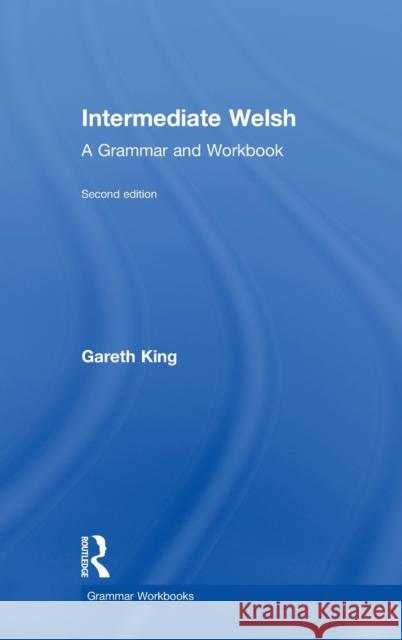Intermediate Welsh: A Grammar and Workbook » książka
topmenu
Intermediate Welsh: A Grammar and Workbook
ISBN-13: 9781138063785 / Walijski / Twarda / 2018 / 184 str.
Intermediate Welsh: A Grammar and Workbook
ISBN-13: 9781138063785 / Walijski / Twarda / 2018 / 184 str.
cena 832,62
(netto: 792,97 VAT: 5%)
Najniższa cena z 30 dni: 755,61
(netto: 792,97 VAT: 5%)
Najniższa cena z 30 dni: 755,61
Termin realizacji zamówienia:
ok. 22 dni roboczych.
ok. 22 dni roboczych.
Darmowa dostawa!
Previously published by Milton Park, Abingdon, Oxon: Routledge, 1996.











